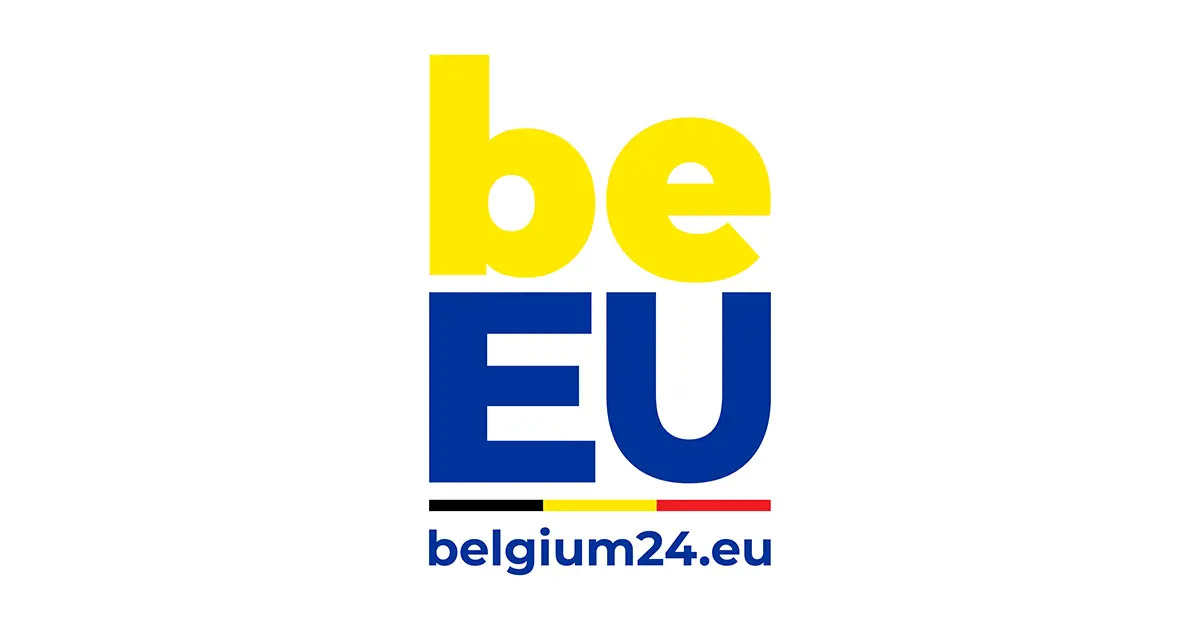On 3 March 2020 the Permanent Representation of Hungary together with Medicines for Europe, with the support of the Croatian Presidency of the Council of the EU, a seminar entitled “A European Union that ensures patient access and sustainability” was held with the participation of around one hundred guests.
The seminar was dedicated to improving access to pharmaceuticals by analysing how to overcome barriers to access to oncology treatments. The event will also focus on sustainable health policies that aim to prevent medicines shortages by tackling their root causes.
In his welcoming speech, Tibor Stelbaczky ad interim permanent representative highlighted that during forthcoming period of the EU health policy, cancer will be a highlighted policy area where access to cancer drugs will play a crucial role. In addition, security in the supply of medicines in a globalized value chain is more and more vulnerable.
Goran Štefanić Deputy Permanent Representative of Croatia highlighted we need not only available but also affordable medicines, in this respect he highlighted the importance of voluntary regional cooperation. The Croatian Presidency intends to raise the topic of medicine shortages on the EU’s Pharmaceutical Market at the informal EPSCO meeting scheduled for late April.
Christoph Stoller President of Medicines for Europe highlighted that generics and biosimilars are essential element of the EU cancer beating plan. To combat shortages pan European cooperation is needed and in public procurement local manufacturing should be recognized. The president advocated appropriate procurement guidelines incentivizing local production, a strong European industrial strategy, better use of digitalization and a more regular and open flow for strategic discussions, including high level pharmaceutical forum.
The technical discussion was introduced by introductory speeches, where Sylvain Giraud, European Commission Head of Unit gave his views on how breaking down silos for safe, effective and affordable medicines. This approach comprises of a more comprehensive appraisal of the value of medical technologies, the sharing of experiences and pooling expertise in the field of procurement, working more together and sound governance and appropriate us of hospital medicines, and maximisation of saving to be reaped from generics and biosimilars.
Zoltán Kaló, Professor of Health Economics from Semmelweis University talked about the challenges in the field of access to pharmaceuticals in Central-Eastern Europe. Professor Kaló highlighted that incidence of cancer is not higher in the East than in Western countries, and pharma expenditure is proportionately higher in eastern countries, and yet cancer mortality is higher in those countries. A systemic problem behind this might be that appearance of biosimilars in those markets do not lead to increased patient access.
Finally Olga Solomon, European Commission Head of Unit allowed insight in the upcoming new Commission vision in ensuring equitable and sustainable access. Olga Solomon highlighted that time difference between market launch and reimbursement, therefore patient access might differ significantly. The preliminary results of orphan and paediatric regulation reveals that unmet medical needs still persist, that can justify review of the legislation. The new pharma strategy will focus on better access, need based innovation and safer supply chain.
During the first panel discussion extensive debate has taken place on overcoming access barriers to oncology treatment.
Valerie Paris, Organisation for Economic Co-operation and Development (OECD) presented the latest findings of and OECD study. An important lesson is that countries should share their experiences in managed entry agreements.
Zoltán Kaló, highlighted that innovation tackles narrower and narrower patient population. On the other hand in the off patent sector better access to biosimilars is not appropriately ensured, which is a situation that is calling for dedicated political action.
Rosa Giuliani, Director of Public Policy, European Society of Medical Oncology said that better synergy is needed between EU and national processes, in order that new technologies with good added value have better uptake. Unfortunately, access differences persist at regional and institutional (hospital) level.
Maja Bercic, Chair of the CEE Network, Medicines for Europe pointed out that there are serious inequalities among member states. It is also a problem that in many countries cheap biosimilars are listed on the high priced medicines list with prescription restriction.
The second panel focussed on Maintaining generic medicines availability and preventing shortages
Ilka Wölfle, President of the European Social Insurance Platform highlighted that very often older medicines can disappear from the market that can lead hindered patient access. In some countries budgetary measures can trigger parallel export from other member states. Market concentration can also lead to limited production capacities, which is further aggravated by parallel trade. ESIP is waiting for the Commission’s report on medicine shortages. Lastly, competition in the generic market has to be ensured.
Adrian van den Hoven, Director General of Medicines for Europe pointed out that some member states apply parallel import quotas which drains out medicines from low prices countries. This is not the purpose of the single market. It would be important to better reward local manufacturing in procurement. COVID-19 has hit two important source of EU active manufacturing capacities (China, North Italy), and India has just announced restriction of active substance export. We need open dialogue on regulatory flexibilities to overcome bottlenecks. As a response, to journalist question he underlined there is no current shortage attributed to coronavirus, but on the longer term supply chains might be affected.
Stephanie Kohl, Policy and Advocacy Officer at European Association of Hospital Pharmacists pointed out that medicines most affected by shortages are antibiotics, cancer drugs and vaccines. Shortage might have different causes from country to country. Contingency plans and proactive measures are needed. She shared the views that it would be important to abandon paper leaflets as hospitals normally use electronic versions.
Rosa Giuliani reminded, that cancer medicines are actually priority medicines under the WHO. Root causes of shortages should be continuously monitored and we need better anticipation mechanisms.
As closing remark Edina Tóth, member of the European Parliament highlighted that the Europe’s future Beating Cancer Plan and the Special Committee on Cancer in the European Parliament are both long-awaited actions that support Member States and European citizens in taking further steps to combat against Cancer. She recognized that it is necessary first to address the roots and to prevent the European market from shortages and secure supply for our citizens.



